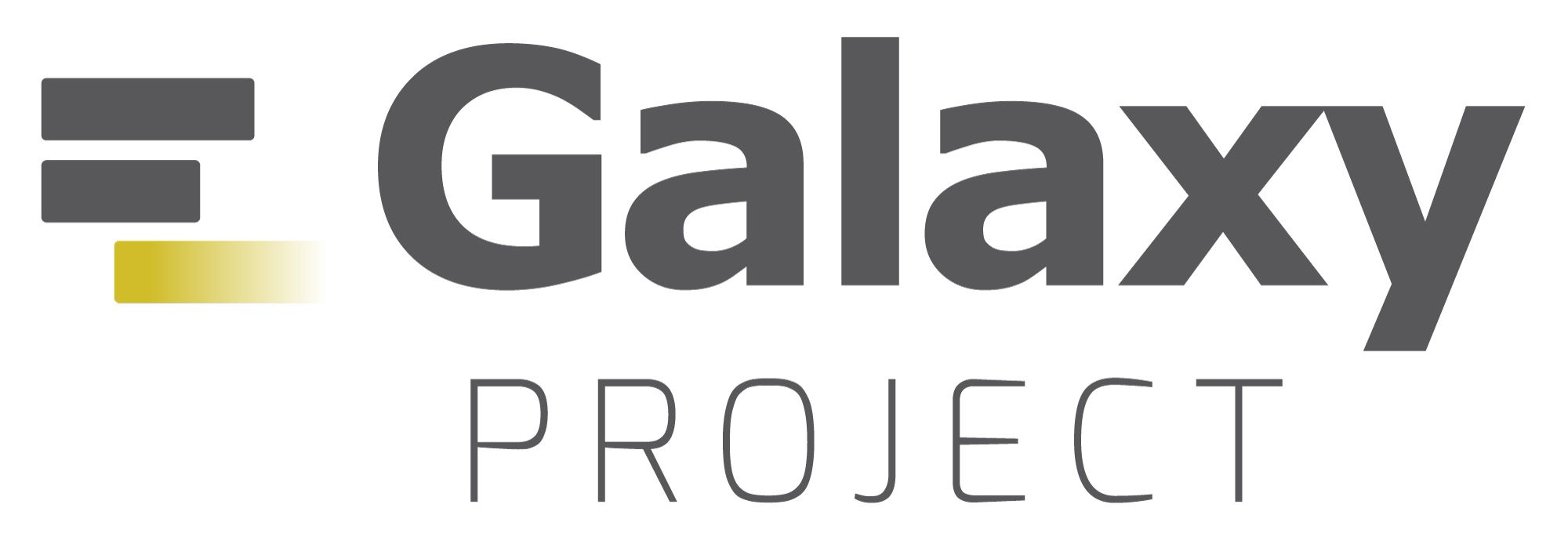Description
The Galaxy project in the context of bioinformatics represents a powerful and comprehensive approach to the analysis and processing of biological data, providing scientists and researchers with tools and resources for a deeper understanding of complex biological processes.
Brief history
The Galaxy project in bioinformatics has a history that goes back several decades. Here's a brief overview of the project's history:
- Early Roots (2005): The Galaxy Project began in 2005 as part of the Computer Science Laboratory at the University of Pennsylvania. During these initial years, the project focused on the development of an interface for the analysis of biological data, with an emphasis on ease of use and accessibility.
- Community Development (2007): Galaxy became an open project in 2007, enabling collaboration between different research teams and institutions around the world. This accelerated the development of tools and expanded the functionality of the Galaxy system.
- Integration of different tools (in 2010): During 2010, the Galaxy project began to actively integrate different tools for the analysis of genome and biological data. This expanded the project's scope of use and facilitated users' access to a wide range of analytical instruments.
- Reproducibility and workflows (year 2012): One of the key steps in the development of the Galaxy project was the emphasis on reproducibility and workflows for data analysis. This has improved the transparency and quality of scientific research.
- Medical applications (2015): The Galaxy project has also become significant in medical research, including genome sequence analysis for personalized medicine and genetic disease research.
- Continuous development (present): The Galaxy project continues to develop and expand, offering more and more tools and resources for the analysis of biological data. The project has also attracted a large and active community of users and developers who contribute to its progress.
In short, the Galaxy project in bioinformatics has its roots in the desire for simple and accessible analysis of biological data. Over the years it has evolved to become a key tool for researchers in many disciplines of the biological sciences.
Key aspects of Galaxy
- Bioinformatics and genome analysis: The Galaxy project enables scientists to analyze genomic data, including DNA and RNA sequencing. Using a range of tools and programs available within the Galaxy system, researchers can perform analyzes such as genome assembly, sequence comparison, identification of genes and their functions, and the study of genetic variation.
- Workflows: Galaxy allows users to create custom workflows for analyzing biological data. This means that researchers can define a series of steps and tools that need to be performed in order to achieve certain results. This facilitates research reproducibility and enables collaboration between different research teams.
- Integration of different tools: The Galaxy project integrates many existing tools for the analysis of biological data, including BLAST, R, and many others. This means users can access different tools within a single interface, reducing the need to switch between different programs.
- Reproducibility and transparency: Galaxy promotes research reproducibility through clearly defined workflows and automatic recording of analysis steps. This is critical for the scientific community to ensure that research can be verified and replicated.
- Accessibility and community: The Galaxy project is open and free to use, allowing access to tools and resources to a wide range of users. In addition, the project supports an active community of users and developers who contribute to improvements and the development of new tools.
- Applications in research and medicine: The Galaxy project has many applications in research in biology, evolution, ecology and medicine. Researchers use it to study genetic diseases, develop new therapies, analyze metagenomic sequences, and many other biological and medical applications.
Ultimately, the Galaxy project in bioinformatics provides a powerful tool for researchers who want to understand and manipulate biological data, contributing to advances in biological sciences and medical research.
